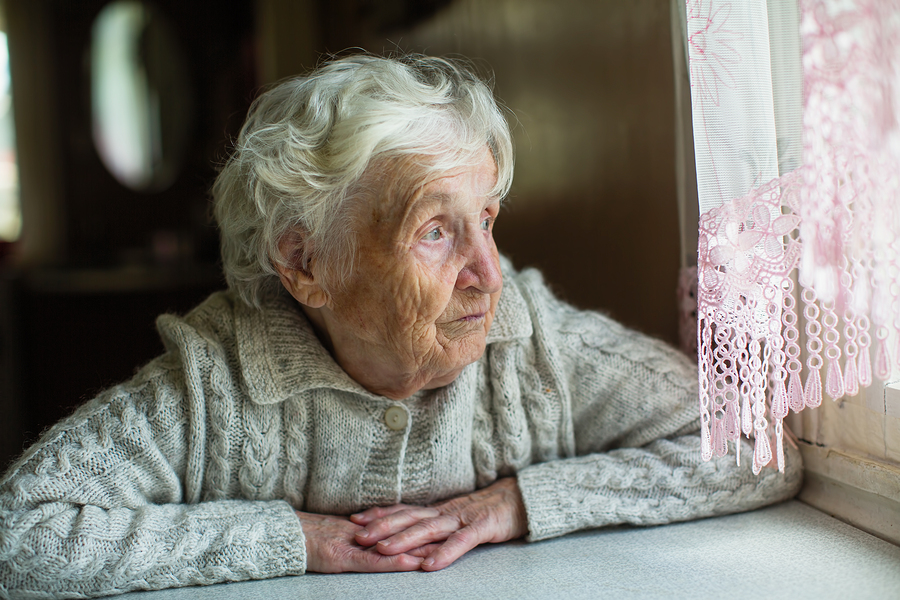Dec 17,2019

Human beings are social creatures and thus our connection to others enables us to survive and thrive. Yet, as we age, many of us are alone more often than when we were younger. AARP estimates that more than 8 million adults age 50 and older are affected by isolation. That also includes people in their 50s and 60s caring for their parents, or spouses caring for a partner in need.
Researchers have acknowledged that social isolation leads to negative health problems such as cognitive decline, depression, stroke, heart disease and premature death. But there are ways to help those facing social isolation.
Here is a deeper look at the risks for social isolation and some of the proactive steps caregivers and advocates can take to make life better for both the individuals in need of care and the people who spend their days caring for them.
Most of the time social isolation is concerned with individuals who are at high risk and living at home alone or with a caregiver. They may have experienced a life-altering event, such as the loss of a spouse or friend. Perhaps they are limited by hearing or vision loss, mobility or cognitive impairments, illness or disease. And many seniors want to stay in their homes for as long as possible, so identifying those at risk and providing services to ensure their social and health needs are being met takes an interdisciplinary approach.
Primary caregivers are also vulnerable to social isolation. Caregivers put their lives on hold and their wellness in jeopardy in order to manage the often-overwhelming task of caring for an ill loved one.
Physicians and hospitals can help identify at-risk elders and have professionals within their network evaluate their care needs. Visiting nurse associations, adult day care programs, non-medical home care agencies, aging-in-place contractors, Meals on Wheels, transportation resources and referrals to their local Area Agency on Aging are all important referrals for at-home elders.
For elders at home, they may want to continue their lifestyle of living independently, but in need of assistance to do so. They desire spending time with peers or other individuals in their community. That is where our concept, Elder-Well Adult Day Program, shines. Elder-Well is the first socially-supportive adult day franchise and joins a growing group of adult day services that offer a safe haven for seniors looking for community and offers much-needed respite for caregivers.
For a primary caregiver, it may be necessary to develop a new social network with others who are dealing with similar experiences. This can include organized groups like caregiver support groups, Memory Café participation or consulting an accessible group travel specialist. These are great ways to build new friendships and a dependable support system.
Overall, the AARP foundation defines isolation as more than being alone — it’s the result of feeling detached physically or psychologically, or being disconnected from support groups of family, friends and community.
You can make sure this doesn’t happen to your loved ones. National Adult Day Services Association (NADSA) has a wealth of information about services. You can access them: https://www.nadsa.org
Email me at kara@elderwelladultday.com to learn more about our concept, what makes us different and why this might be the ideal time to consider this as an option for your loved one – or as something you could turn into a rewarding business opportunity serving others
Feel free to contact us with any questions regarding our services or to schedule a visit.